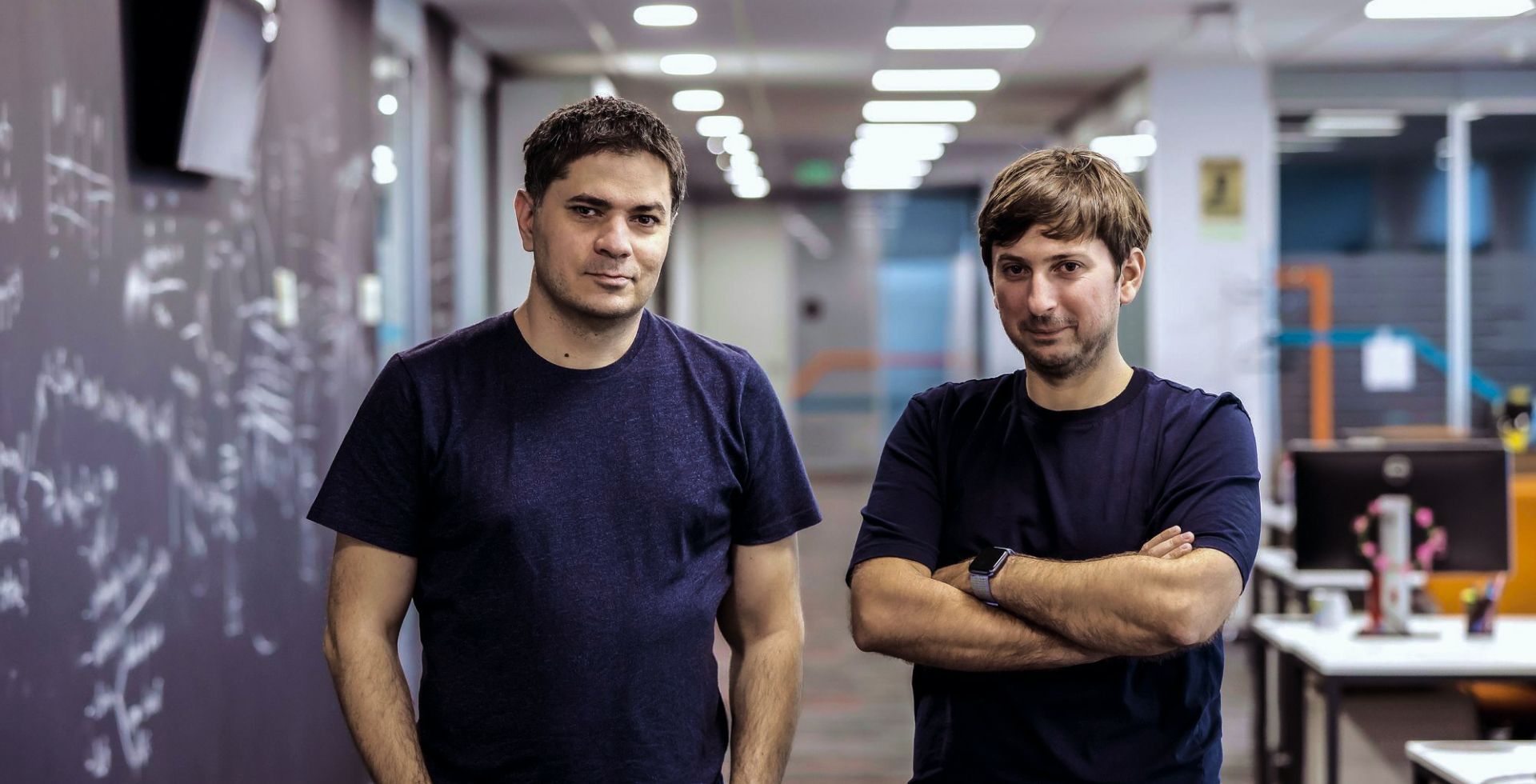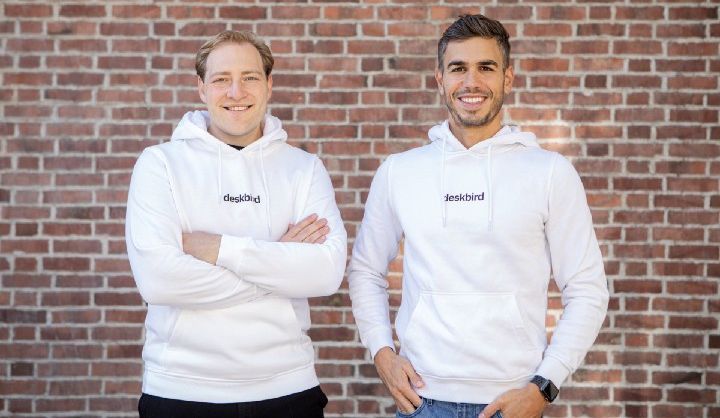

The capitalist way of saving forests that protect us
Lifecycle Focus
Early
Focus Areas
ESG

Why we invested in Tree.ly?
While we are experiencing yet another hottest year on record, with no sign of global carbon emissions decreasing, one wonders if capitalism, that has been so efficient in creating wealth, also has the tools to protect the climate from itself. Without a doubt the voluntary carbon offset markets (VCM) represent the best effort private markets came up with to fight carbon emissions. Carbon offsets are credits generated by emissions-reducing activities such as tree planting or preventing deforestation, which can then be used by companies to help meet climate targets and offset emissions they are unable to cut from their operations.
VCM history
From early reforestation projects in the 2000s, VCM has expanded to include diverse projects like renewable energy and direct air capture, with non-profit, standard-keeping bodies such as Verra and the Gold Standard ensuring credibility. While criticised by environmentalists as an easy way out of reducing emissions, offset credits provide vital financing for effective carbon sequestration projects. Their success lies in the ability to generate demand from the private sector. Interest from major brands like Microsoft, Gucci and Disney was there from the beginning and only grew stronger: the early 2020s saw exponential growth in demand fueled by corporate net-zero commitments which supply rushed to meet.
Buyers mostly from western developed economies wanted large volumes of credits for low prices. Project developers could meet this in the Global South where most rainforests grow, land is comparatively cheap and local environmental protection is weak, so a strong argument for additionality can be claimed. With buyers (and their consumers) being detached from the financed projects somewhere in a distant land, project developers often could get away with lax project management or even fraud. From 2023 scandals appeared on the way, the most notable of such the once celebrated Kariba REDD+ project in Zimbabwe where mismanagement was investigated by The New Yorker, while a Guardian investigation claimed 90% of rainforest-based credits certified by the leading Verra standard were “phantom credits” that did not represent genuine carbon reductions.
What buyers want
We have spoken to corporates in Europe and elsewhere and understood that they were shaken by the scandals but are also pressed by their customers to do more for climate. They want local projects close to their headquarters, where quality is high and ensured by bodies they know and trust. But it seemed no one was creating forest-based projects in Europe: there was only one forest project in the Verra registry. Then we looked closer and found a couple of companies developing projects outside of Verra, with their own scientific methodologies and a strong local approach.
Tree.ly’s solution
Tree.ly, the Austrian startup, is one of these pioneering companies in Europe. The company was founded by seasoned tech entrepreneurs Christian and Jodok (founders of Crate.io, Polaroid Originals) to develop forest-based projects with the involvement of forest owners, municipalities, corporates and citizens in respective local communities. What sets them apart is the combination of their local approach, science-based methodology and cutting-edge technology.
The credits are only sold to companies within the country they were generated and the buyers are personally introduced to the forest managers. The projects are developed according to Tree.ly’s ISO certified proprietary carbon sequestration method created by a team of Swiss and Austrian forestry experts and is externally verified. All elements of the process are streamlined on a SaaS platform that includes geospatial engines, ML-powered stock measurement, species detection and stock change modeling capacities. The project is then followed on a carbon management module that enables tracking. Credits are only issued when project results are audited and approved by TÜV, a household name in quality certification in Europe and followed up with a tight yearly monitoring scheme.
The way ahead
The community approach is working: Tree.ly’s current focus is on Europe where the company shows momentum. Just within a year on the market, Tree.ly has secured contracts spanning 105,299 hectares across Austria, Germany, Italy, the Netherlands, and the Czech Republic. The team has already locked in a CO₂ storage capacity exceeding 2.8 million tons, demonstrating an impressive 3x year-on-year growth.
Tree.ly is on track to scale its climate protection projects to over 1 million hectares involving local stakeholders and buyers in several European countries. We believe we can help the team to expand rapidly in CEE and become the leading developer of high-quality regional carbon projects. With this mission we aim to prove that capitalism can also be a force to effectively protect natural ecosystems while creating economic wealth.


